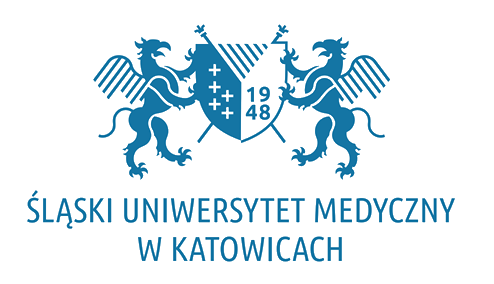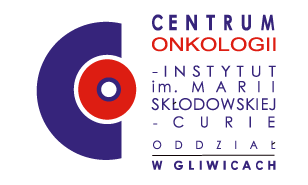Welcome to Kardio-Med Silesia Site
Silesian Park of Medical Technology Kardio-Med Silesia
is a modern research center meet the highest European standards.
Testing implantation in muscle tissue is an important part of the process of evaluating the biocompatibility of medical devices, as well as meeting the requirements set out in international standards and regulations such as the MDR. Such research plays a key role in assessing the potential risks of implantation in tissues and ensuring the safety and effectiveness of these medical devices.
 The process of biocompatibility testing according to ISO 10993 and OECD guidelines is complex and multi-step, involving both in vitro and in vivo testing. One of the critical steps in this process is implantation testing in muscle tissues. Prior to in vivo testing, in vitro testing is necessary to preliminarily assess the potential toxicity or irritation of the medical device.
The process of biocompatibility testing according to ISO 10993 and OECD guidelines is complex and multi-step, involving both in vitro and in vivo testing. One of the critical steps in this process is implantation testing in muscle tissues. Prior to in vivo testing, in vitro testing is necessary to preliminarily assess the potential toxicity or irritation of the medical device.
 A positive in vitro test result, however, is not sufficient to assess overall biocompatibility. For specific medical devices, in vivo testing includes implantation in muscle tissues. Various animal models are often used in in vivo testing. Large animal models are used, especially in implantation studies for larger and more advanced medical devices.
A positive in vitro test result, however, is not sufficient to assess overall biocompatibility. For specific medical devices, in vivo testing includes implantation in muscle tissues. Various animal models are often used in in vivo testing. Large animal models are used, especially in implantation studies for larger and more advanced medical devices.
Implantation studies in muscle tissues allow monitoring the body’s response to implant insertion. This process includes assessing the response of muscle tissue to the implant, possible inflammation, scarring and other histological changes. All of this is aimed at understanding whether the implant is biocompatible with the body and whether it causes excessive inflammatory reactions.
In the context of MDR regulations, implantation testing in muscle tissue is an indispensable step in the evaluation process of medical devices, especially those with longer exposure to the body. The MDR imposes high requirements on medical device manufacturers to evaluate their safety and efficacy prior to marketing.
The conclusions of implantation studies in muscle tissue are an important part of the biological evaluation of medical devices. They help determine whether an implant is compatible with the body, whether it is safe in the long term, and whether it meets ISO 10993 standards and guidelines and MDR regulations. By conducting thorough biocompatibility testing, medical devices can be developed and marketed with greater confidence in their effectiveness and safety for patients.







Copyright 2023 Kardio-Med Silesia. Site designed by Daniel 'zoNE' Gabryś. All rights reserved.